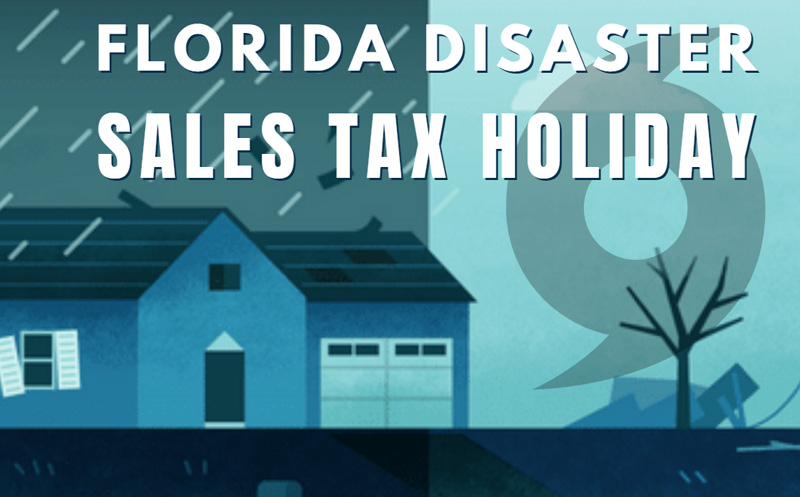The Benefits of Having a Disaster Plan
Hurricane season is just around the corner. It officially begins June 1, and forecasters are expecting an active season for 2024. The Florida...
Manage your everyday finances with convenient accounts, flexible cards, and personalized service designed to fit your life.
At First Federal Bank, we offer flexible mortgage solutions for almost any situation, helping you secure the right financing for your dream home.
Business banking offers secure financial management, streamlined transactions, credit options, and tools to help businesses grow efficiently and sustainably.
2 min read
First Federal Bank : September 3, 2025 10:00:00 AM EDT

 As we head into the peak of the hurricane season, you want to make sure you are prepared for a potential disaster. You need more than flashlights, batteries and bottled water when a hurricane threatens. You also need to make sure your finances are in order. Financial experts say being prepared on paper can make all the difference in recovery. Banking executive Dennis Johnson explains in this interview…
As we head into the peak of the hurricane season, you want to make sure you are prepared for a potential disaster. You need more than flashlights, batteries and bottled water when a hurricane threatens. You also need to make sure your finances are in order. Financial experts say being prepared on paper can make all the difference in recovery. Banking executive Dennis Johnson explains in this interview…
Q: We always hear about packing food, water, and batteries before a storm. But you say people need a financial first aid kit, too. What is that?
Think of it as your financial lifeline. You want to include bank statements, credit card statements, auto loan documents, insurance policies, and any investment account information. One thing I recommend is writing down all your account numbers on a single sheet of paper. If you need to get on the phone with your bank or insurance company, the first thing they’ll ask you is: What’s the account number? Having that handy saves time and stress. Put those documents in a Ziploc bag and have them ready to take with you.
Q: What about cash? How much should families take with them when they evacuate?
Cash is important. I've always said you should have at least three times your monthly income, that way you can get yourself past three months of being out of pocket with your normal routines. So, if something happens, you can live for three months on that income while you go along the proper road to recovery. Always have some emergency cash in your kit, but don’t just think about bills. Consider setting up a home equity line of credit ahead of time. That way, if you face unexpected expenses while recovering, you have an accessible financial cushion.
Q: Finances can be a sensitive topic. Who in the household should know about the family’s financial situation?
Any adults who live together need to have complete transparency about finances. Everyone should know where the important documents are kept and how to access them. In a crisis, you don’t want to have one person holding all the information.
Q: What steps should people take today to prepare before the next storm arrives?
First, contact your insurance company and make sure your coverage is up to date, especially if you’ve made improvements to your home in the last couple of years. Next, document your valuables. Take photos, videos, and record serial numbers of high-priced items. If you ever need to file a claim, that documentation is critical.
Q: What’s your biggest piece of advice?
The chaos of a disaster becomes more chaotic if you’re not prepared. Having your financial documents organized and accessible helps you focus on recovery instead of scrambling for answers.
You can read the full article here.
Keeping your family safe
in the face of a hurricane is always the top priority. And of course, you want to do everything you can to secure your home and property. But don’t forget to get your financial house in order. It can save a major headache in the event the worst does happen.

Hurricane season is just around the corner. It officially begins June 1, and forecasters are expecting an active season for 2024. The Florida...

As a parent, you are focused for 18 years on preparing your child for adulthood. Becoming an adult is an important milestone, and when it happens,...

Strong financial skills are learned. Which is why as parents, it is essential to begin teaching your children about money from an early age. It...
Manage your accounts, make payments, and more.
Open an account with us.